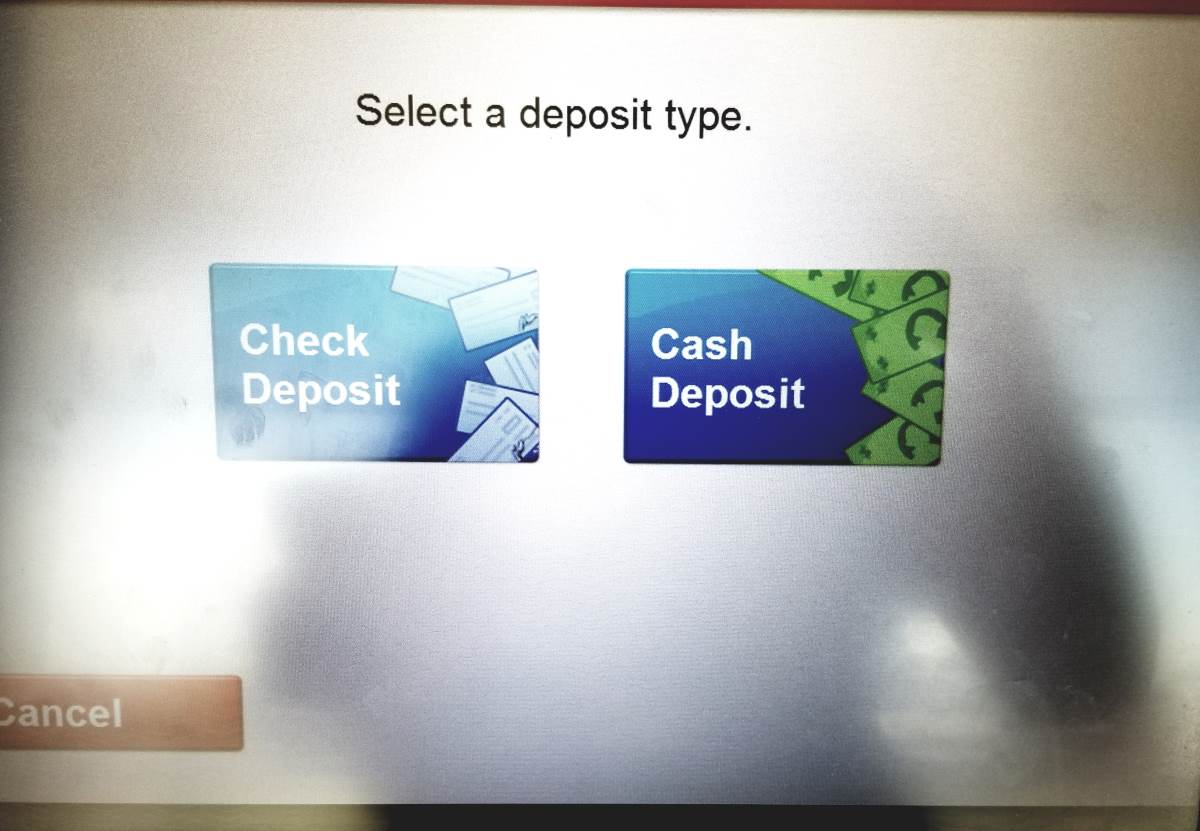
Check Credit Score for FREE
Instant in 2 Mins. No Impact on Credit Score

What are the Different Types of Bank Deposits in India?

Depositing your money in the bank comes with a large number of options. Each type of account has a different purpose, which serves different requirements of people. Understanding each one of them helps you to make decisions to get better returns effectively. So, let’s begin!
What Are Deposits?

A deposit is a certain sum of money deposited in an account of a financial institution. It can also be employed as security or collateral against various other services.
What are the Different Types of Bank Deposits?

Basically, there are 4 different types of bank deposit accounts, which are discussed in the following part, along with their pros and cons:
1. Current Deposit Account
Businessmen generally maintain these types of accounts as they carry out large-value transactions daily. The main difference from a savings account is that current accounts do not bear any interest.
|
Pros |
Cons |
|
Easily manageable funds |
Earns no interest |
|
Build business reputation |
Some employ transaction fees |
|
Systemic handling of receipts |
A high amount of minimum balance has to be maintained |
|
Limitless withdrawals |
Bank services are pretty expensive |
|
Overdraft facilities are easily accessible |
Time-consuming paperwork |
|
Tracks your growth in business |
2. Fixed Deposit Account
A fixed deposit account holds a large amount of money for a predetermined tenure wherein the financial institution pays a certain amount of interest on the deposited amount.
|
Pros |
Cons |
|
Frequent Interest Payouts |
Penalty if the money is withdrawn prematurely |
|
It is tax-saving |
It is taxable |
|
Covered under deposit insurance |
Fixed interest rate |
|
Benefits for older people |
Has no effect on inflation risk |
|
Works as a guarantee against a loan |
3. Savings Account
A savings account is basically such type of account where the financial institution pays a moderate amount of interest based on the amount deposited. They are generally useful for short-term needs.
|
Pros |
Cons |
|
Receive interest |
Fluctuating interest rates |
|
The safest option for investment |
Easily accessible: More prone to spend |
|
Requires the least amount for investment |
Penalty if minimum balance is not maintained |
4. Recurring Deposit Account
In this type of account, the depositor deposits a fixed amount of money in the account every month for a predetermined tenure. This tenure generally varies from one to five years.
The principal amount of money is returned back to the depositor once the tenure is completed, and here, the interest is estimated every quarter.
|
Pros |
Cons |
|
Used for short-term goals |
Highly liquid cash |
|
Accessible Online features |
Lower rate of interest |
|
Interest rates depend on tenure and the amount |
Firm monthly instalments |
|
Investment can be done easily |
|
|
No strict rules for deposition and withdrawal |













